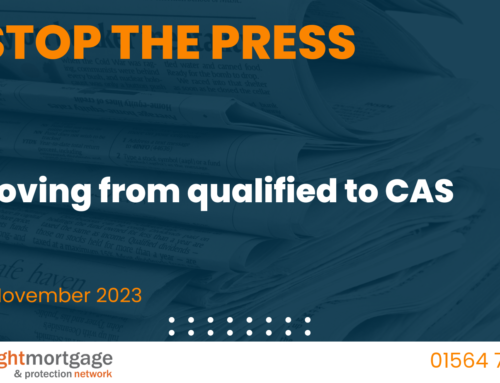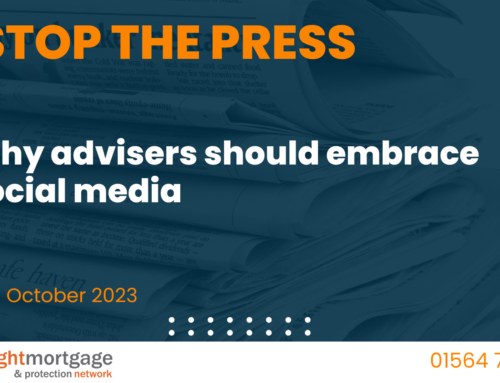
If only we had that crystal ball
You know my saying by now, “if only we had that crystal ball”. Yet another month where I wish this was the case! We saw The Bank of England hold interest rates, which was welcomed, a drop on inflation to 6.7% for August, compared to the 6.8% recorded in July. This was unexpected as many predictions were an increase maybe to 7%.
We’ve seen many lenders reduce their fixed rates with SWAPS rates being calmer. Hopefully, we will see pricing improve…but let’s throw some caution to the wind.
On the green front, we saw the Prime Minister water down several issues. He scrapped proposed energy efficiency targets for households, including rental properties.
As we know, the changes to EPC requirements were due to come into force in 2025 and would have required all properties covered by a new tenancy agreement to meet an EPC rating of C or above, with all rental properties due to meet the standard from 2028.
He commented some property owners would be forced to make expensive upgrades before 2023 but he did state they will continue to subsidise energy efficiency but never force any household to do this.
From the media we know there has been a mixed reaction. From a landlords point of view this may have taken pressure off with no deadline to meet and from the renters view perhaps no increase in rent to cover the improvements, but what about those landlords who have already started the work?
Going forward, it’s now critical that we have clarity from the government on the direction as the uncertainty has had and continues to have a damaging effect on the supply of rented properties.
I haven’t touched on the product transfer spike where I have covered this recently in a Newsflash. Remember between November and December there are circa 58 billion residential along with circa 6 billion of Buy to Let mortgages coming to the end of their fixed term.
With all the above happening, for many customers this is a maze. More than ever, customers will need you, to navigate them through these tricky paths.
Latest News
Get in touch
Anita White
Head of Lender Relationships
Save the date – 30th November 2023
Latest News
Get in touch
Victoria Clark
Head of Equity Release
How can someone sell so much protection, and other advisers sell none?
It’s been an exciting month for some protection business writers – we paid out some record-breaking cheques.
How can someone sell so much protection, and other advisers sell none?
Is it worth speaking to protection only advisers to either see what they do differently or ‘buddy up’ with them?
On that note, what did we think of Consumer Duty in the end? Don’t ask staff, they have been working hard to make sure you don’t have to worry, all you have to do is tweak your sales processes to cover yourself. We devised a form to help you, if you don’t like this one, you can do your own. Don’t forget to get it signed off by your Compliance Manager. The point of the exercise is for you to demonstrate the client said ‘no’ and not that you have asked the question. Why are we making such a big deal about this? We believe there will be more complaints upheld if the client is in a detrimental position i.e. lose their house if they can prove you didn’t offer a protection policy. I am in a few industry groups and have been told there is already a claims company putting a campaign together to help consumers.
Did you see this in the BBC news this week?
How would you feel if you sold this mortgage? Can you put your hand on your heart and say, “well I did tell them?”
“We don’t want to out a heavy hand on a new regulation for regulation’s sake. The phrase ‘foreseeable harm’ is the biggie, you have to make sure your clients understand the foreseeable harm if they don’t protect themselves, we want all mortgage clients to have the opportunity to say no”, to quote Sebastion from LV=.
Imagine your client in his bed, very ill, can’t work, no income, no visitors, Netflix’s/Sky cancelled, and to top it all, the dog will be looking balefully at them because they can’t afford his treats at the moment.
Latest News
Get in touch

Amanda Wilson
Company Director
The employee wellness advantage: Why businesses should invest in private medical insurance
In today’s competitive job market, attracting and retaining top talent is a constant challenge for businesses. Beyond traditional compensation packages, companies are increasingly recognising the importance of offering comprehensive benefits to their employees. One such benefit that can make a significant difference in the recruitment and retention of good quality staff, is private medical insurance.
So why should businesses consider taking out private medical insurance.
- Retention
Once you have attracted top talent, the next challenge is retaining them. Private medical insurance demonstrates the employer’s commitment to the well-being of their staff. When employees know their health and wellness are a priority for their employer, they are more likely to remain loyal and committed to the company. Reduced staff turnover leads to both costs savings in recruiting and training new staff.
- Enhanced Productivity
Healthy employees are more productive. When a workforce has access to private medical insurance, they are more likely to seek timely medical care and preventive measures. This leads to fewer sick days, reduced absenteeism, and increased productivity.
- Stress Reduction
Financial worries related to healthcare expenses can be significant source of stress for employees. Offering private medical insurance can alleviate this burden and contribute to a healthier, happier and more focused workforce. Reducing employee stress levels can also lead to a better overall mental health and job satisfaction.
- Attracting Diverse Talent
Diversity and inclusion are increasingly important considerations for businesses. Private medical insurance is an inclusive benefit that caters to the diverse healthcare needs of employees. It shows that a company values all employees and is dedicated to providing equitable access to healthcare, regardless of individual circumstances.
- Tax Benefits
Private Medical Insurance can offer tax benefits and be offset as a cost.
To summarise, investing in private medical insurance for employees is a strategic move that can provide many benefits to both a business and their employees. As businesses evolve to meet the changing needs and expectations of their workforce, private medical insurance will become a more valuable tool for building strong, motivated, and competitive relationships with their employees. In the long run, it is an investment that pays off through increased satisfaction, reduced turnover and improved business outcomes.
Should you require any further support or training related to business private medical insurance. Please feel free to contact me.
Latest News
Get in touch

Bipin Sandhu
PMI Supervision & Development Manager
How often do you speak to tenants about their content’s insurance?
Did you know 44% of renters currently have no contents insurance?
The following are in order of Paymentshields most claimed on things:

Make sure you are talking to not only landlords, but their tenants too about the importance of insurance.
Latest News
Get in touch
Amy Wilson
Head of General Insurance (PMI and GI)

















